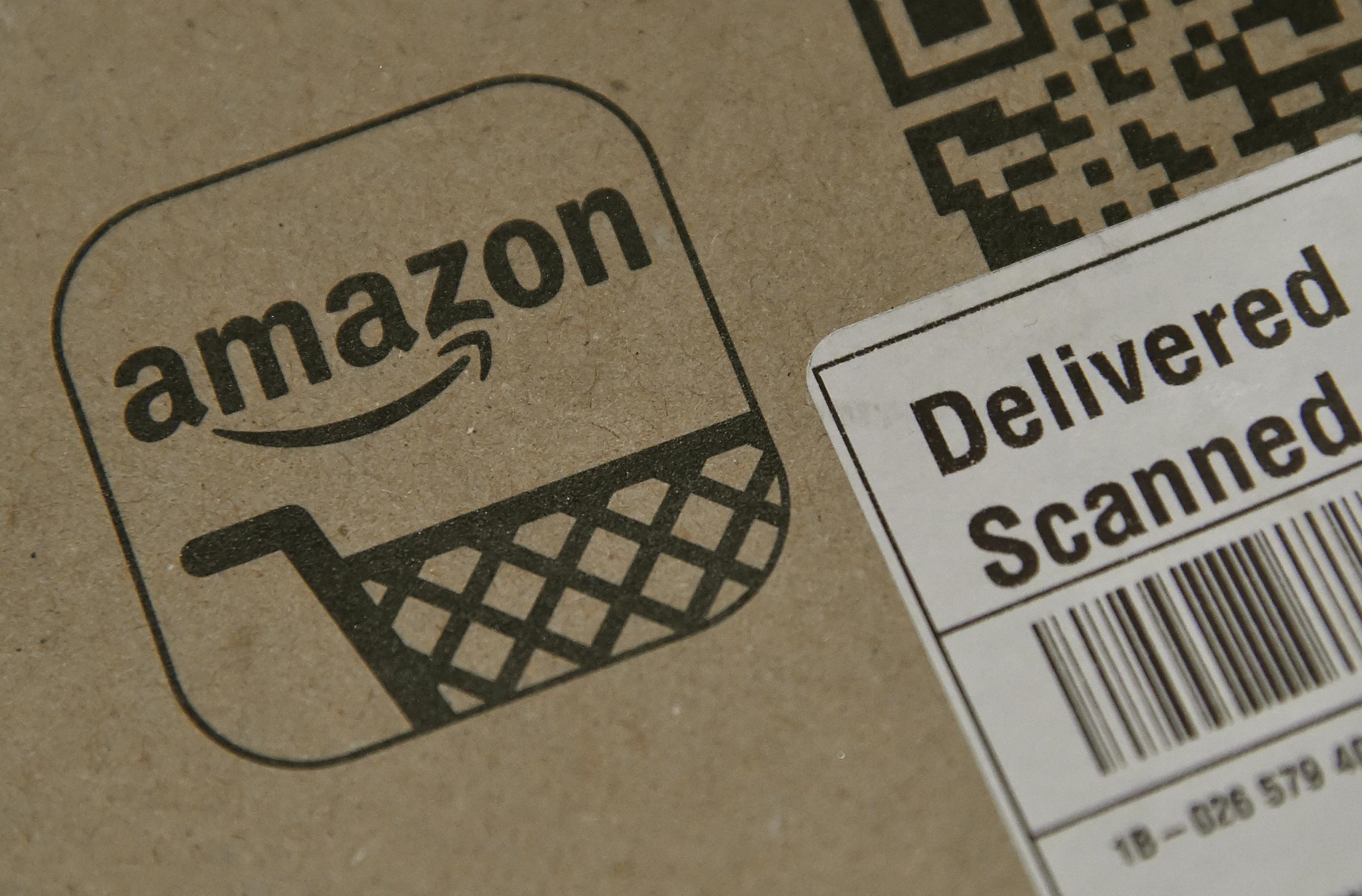A seller of bogus TripAdvisor reviews has been jailed – maybe now online shoppers will be more discerning
Amazon say they can spot when a product gets a host of positive reviews in a short time, but given the huge volume of items on offer, I don’t see how this can function effectively. How many people are employed to monitor trickery and false reporting? It’s an impossible task


Let’s hope that a landmark court ruling in Italy this week will have a big impact on online purchasing.
A court has ruled that creating false identities and using them to post fake reviews on TripAdvisor is a criminal offence punishable with a jail sentence and a fine. It’s thought to be the first case of its kind, and has been welcomed by travel organisations and internet providers.
The UK Competition and Markets Authority reckons that online reviews influence £23bn of our spending every year – a huge amount of purchasing that often ends in disappointment and tortuous attempts to get a refund when the product doesn’t match up to expectations.
In this case, a website offered to write bogus reviews of hotels and restaurants so their ratings on TripAdvisor would be improved. It charged €100 (£89) for 10 favourable reviews, with the price dropping to €240 for 30. The fraudster (who has not been identified) offered his services to over 1,000 hotels and restaurants and has received a nine-month jail sentence plus a fine of €8,000 to cover costs and damages. TripAdvisor helped the prosecution by sharing its own research, and says that they have shut down more than 60 similar operations in the past three years.
I hope this judgment will be noted by British courts and used to prosecute fake reviewers on every shopping website, because they are rife. Earlier this year, a BBC Radio 5 live investigation found online forums where Amazon shoppers were offered full refunds in return for positive reviews of products. The reporters even managed to place a completely fake personal review on another website, Trustpilot.
TripAdvisor wants companies who are contacted by people offering fake reviews for cash to contact them – but will every struggling business play by the rules? It’s very tempting to pay a relatively small amount of money to get some positive remarks online. How can we trust reviews on Amazon or TripAdvisor if they are relying on businesses operating in highly competitive fields to report fraud, when a hundred more customers or bookings might mean the difference between profit and failure?
Online shopping for everything from holidays to mattresses is having a huge impact on the high street. Travel agents and department stores are closing, replaced by coffee shops and charity outlets. Only this week the John Lewis posted a 99 per cent drop in profits, largely a result of matching competitors’ discounts, but also – I would assume – because a rising number of customers now shop online and opt for home delivery, rather than trudge around a linen department (for example) to buy a bulky bag of towels or sheets.
Modern shopping online can be a hit and miss affair. Scroll down to the reviews for guidance because you can’t face calling customer services and hanging on for ages – and what do you find? Myth or reality? Fair comment or paid-for gush? This week, I’ve bought a new television and a mattress topper, based on reviews on Amazon and Argos websites. I’m waiting to find out whether they live up to the hype.
A US analyst reckons that up to half of all the reviews for certain products on Amazon are potentially unreliable. The tradeoff for abandoning the physical effort required to walk around a store and meet a salesperson face to face is the detective work required to mine through myths and deceit of web purchasing.
It was only in 2016 that Amazon only banned “incentivised shopping”, where customers were offered free goods in exchange for writing good reviews. While TripAdvisor have a team of technical experts using tracking data to spot fake reviews, the amount of material they have to sift through is huge – and writing fake reviews has become a lucrative business that’s flourishing in the shadows. Amazon say they can spot when a product gets a host of positive reviews in a short time, but given the huge volume of items on offer, I don’t see how this can function effectively. How many people are employed to monitor trickery and false reporting? It’s an impossible task.
The other day I bought some bath salts on Amazon and even they had a Mickey Mouse five-star rating. The case in Italy is hugely important because it affects all consumers. Choosing a hotel or a place to dine falls into two categories – business travellers, who don’t want to waste time or money on services which don’t meet their expectations, or personal travel where you are spending hard-earned cash on a break. Choosing a hotel on TripAdvisor is a nightmare – we know that travel companies compete to offer deals, most of which are no better than if you contacted the hotel directly.
My friend, who owns a small travel agency, says that online operators have rooms for what seem like good prices, but you can often get better ones for the same price by contacting the hotel directly.
Sadly, consumers have become reluctant to engage in the detail, whether it’s buying a mattress or booking a room for a holiday. We read reviews and jump off the deep end, purchasing something we hope will be as good as its five star rating would suggest. All too often, the result can be a letdown, and our laziness is to blame.


Join our commenting forum
Join thought-provoking conversations, follow other Independent readers and see their replies